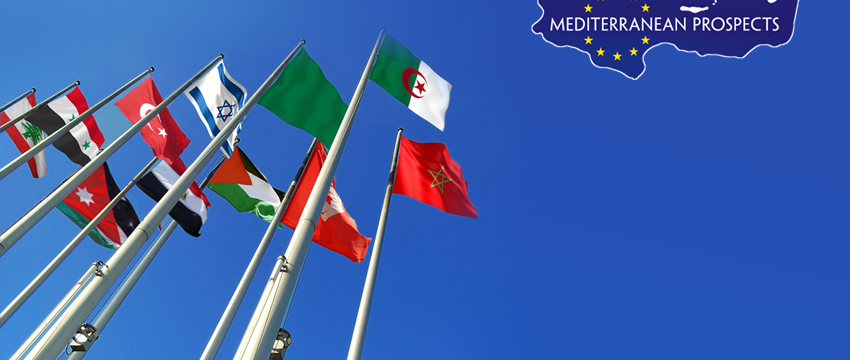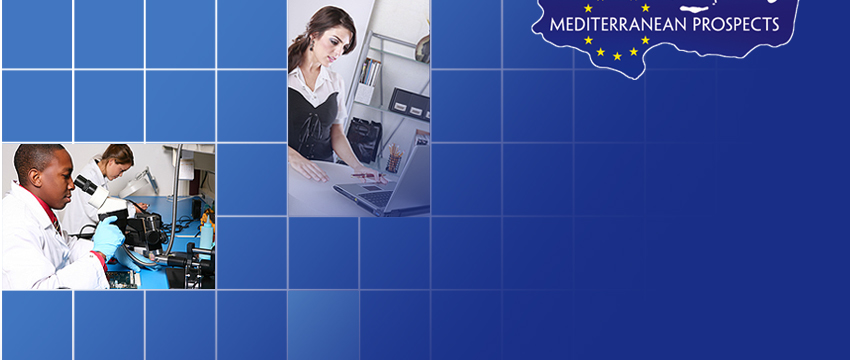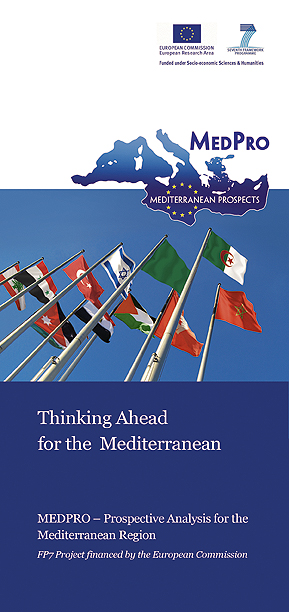- التنسيق العلمي
- الجوغرافية السياسية وحكومة
- الديموغرافيا، والصحة، والشيخوخة
- إدارة البيئة والموارد الطبيعية
- الطاقة، والتخفيف من حدة تغير المناخ
- التكامل الاقتصادي، والتجارة، والاستثمار، والتحليل القطاعي
- الخدمات المالية وسوق رأس المال
- رأس المال البشري، والحماية الاجتماعية، وعدم المساواة والهجرة
- وضع السيناريوهات وتقييم الأثر
- سيناريوهات التكامل الإقليمي والتعاون مع الاتحاد الأوروبي
Inequality in the Southern Mediterranean: A survey of selected countries
اثنين, 10/12/2012 - 11:02 | by admin
This paper addresses the issues of current levels of inequality: their trends, determinants and future scenarios, demonstrating that welfare levels are measured by per capita consumption. Location, educational attainment and employment status have been identified as the key factors affecting levels of welfare and its distribution. A benefit incidence analysis was performed to investigate benefits of different deciles of per capita expenditure from education and health services. The inequality patterns in countries under investigation present significant variations; countries such as Turkey, Morocco and Tunisia show relatively high inequality while others, such as Egypt or Syria, show moderate to low inequality. Inequality in human development was addressed using the inequality-adjusted human development index (IHDI), introduced by Global HDR 2010. The average loss in the HDI due to inequality in all Arab countries under investigation is about 20%. Two reference scenarios (optimistic and pessimistic) were used to project future paths up to 2020 and 2030. The impact of positive growth is increasing inequality and a shrinking middle class. Results show that the rich benefit most from this growth path. The opposite trend is observed for the pessimistic scenario.
Heba El Laithy is Professor of Statistics at the Faculty of Economics and Political Science, Cairo University.
| المرفق | الحجم | الطلبات | Last download |
|---|---|---|---|
| MEDPRO TR No 23 WP7 El Laithy.pdf | 776.65 ك.بايت | 1158 | منذ يومين 13 ساعة |
تاريخ المطبوعة:
Thu, 06/12/2012
المؤسسة: FEPS








